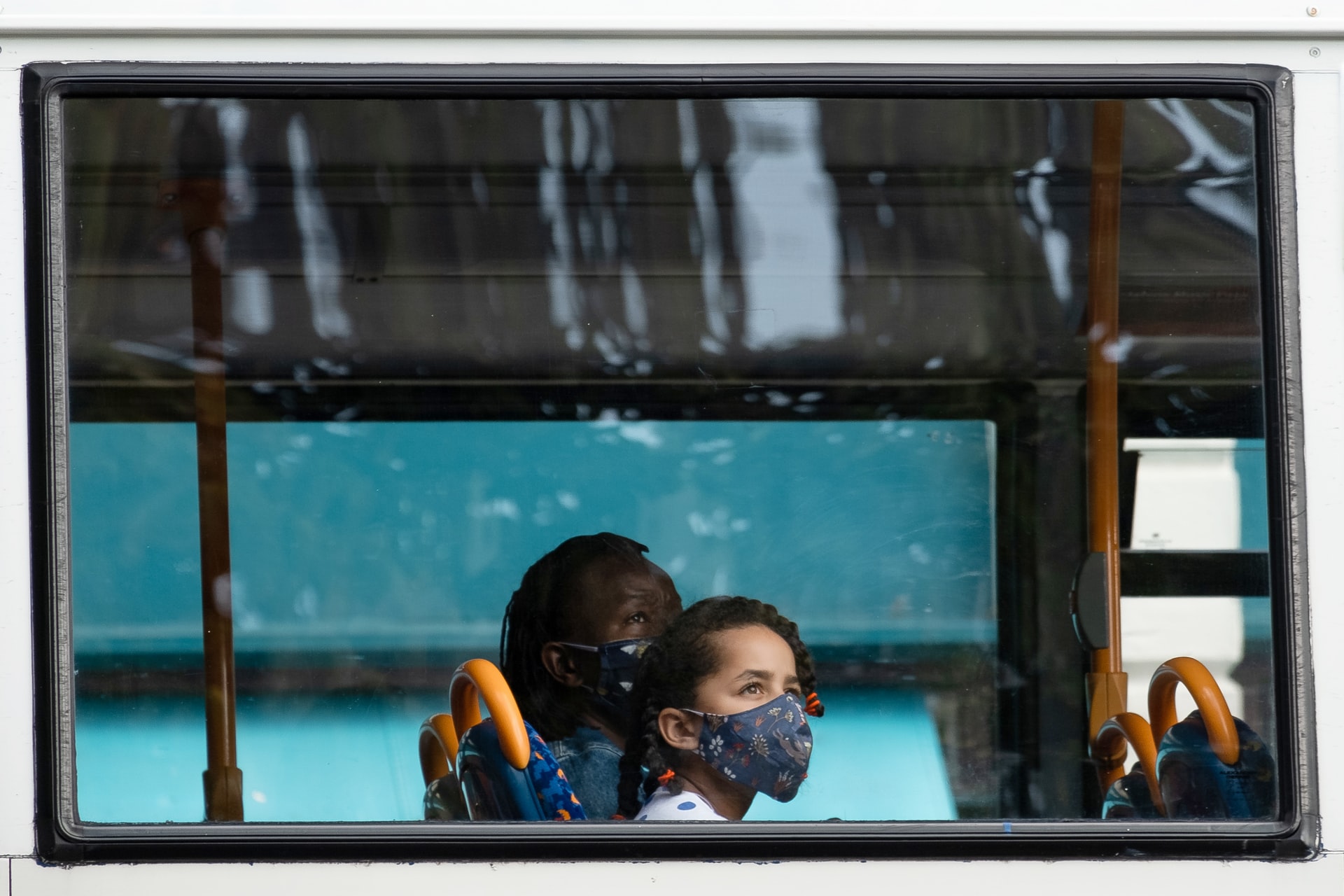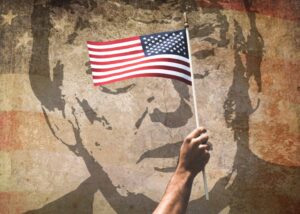INTERVIEW ON THE PRICE OF BUSINESS SHOW, MEDIA PARTNER OF THIS SITE.
Recently Kevin Price, Host of the nationally syndicated Price of Business Show, interviewed Casey Mulligan, Former Chief Economist of the White House Council of Economic Advisers (2018-19).
Price and Mulligan discussed a far reaching study that reviewed state efforts in dealing with COVID-19. It examined which did best and the possibilities of why. It is an impressive example of the power of Federalism..
The report was published by the National Bureau of Economic Research. The authors were Phil Kerpen, Stephen Moore, and Dr. Mulligan.
“According to the National Bureau, “Almost exactly two years ago COVID-19 spread to the United States. Following the federalism model, the 50 states and their governors and legislators made many of their own pandemic policy choices to mitigate the damage from the virus. States learned from one another over time about what policies worked most and least effectively in terms of containing the virus while minimizing the negative effects of lockdown strategies on businesses and children.
“This study is an expanded and updated version of an October 2020 report card of how pandemic health, economy, and policy varied across the 50 states and the District of Columbia (Committee to Unleash Prosperity 2020). It examines three variables: health outcomes, economic performance throughout the pandemic, and impact on education.”
Download the PDF of the report here.
According to the NY Times, “Mulligan is affiliated with a number of professional organizations, including the National Bureau of Economic Research, the George J. Stigler Center for the Study of the Economy and the State, and the Population Research Center. He is also the recipient of numerous awards and fellowships, including those from the National Science Foundation, the Alfred P. Sloan Foundation, the Smith- Richardson Foundation, and the John M. Olin Foundation.
“Professor Mulligan received his Ph.D. in economics from the University of Chicago in 1993. He has also served as a visiting professor teaching public economics at Harvard University, Clemson University, and Irving B. Harris Graduate School of Public Policy Studies at the University of Chicago.”
LISTEN TO THE INTERVIEW IN ITS ENTIRETY HERE




